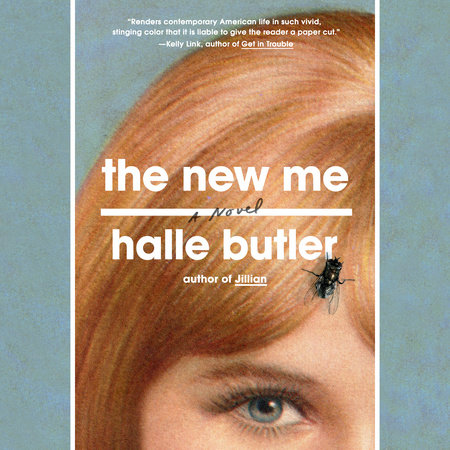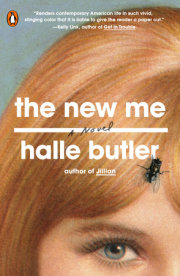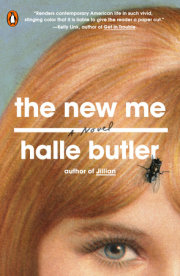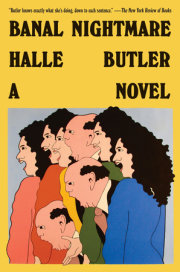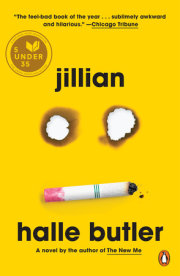There’s a nightmare familiarity every morning when I wake. The quality of the light, sort of grayish-dim, the stiff feeling of my body, the smell, part dirty clothing, part cooking oil, part garbage, part incense. I’m reminded of how afraid I am to die, and how every morning is just one more used-up day.
I lie in bed for twenty minutes, feeling this, then make myself coffee and get dressed, no shower. Soon enough, I’m on the train again, and the feeling has somewhat faded. It’s been replaced with hostility.
I walk past Karen’s desk, and I smile and wave and say hello, unable to differentiate this greeting from all of the other greetings from the past weeks.
There’s a lot of repetition in my life. No real routine or narrative, just a lot of repetition, and before I know it, I’m sitting in the break room drinking a cup of coffee (it doesn’t taste good) and staring at my phone again, scrolling, waiting for the motivation to get up and go to my desk.
I think I’m drawn to temp work for the slight atmospheric changes. The new offices and coworkers provide a nice illusion of variety. Like how people switch out their cats’ wet food from Chicken and Liver to Sea Bass, but in the end, it’s all just flavored anus.
Two of the designers are rehashing what I imagine is an old conversation. The taller of the two is talking about toxic friendships and friend breakups, when to ease out and when to draw the line. The shorter one nods and gives a choral “Yeah” from time to time.
They’re complaining about how they don’t have any time, so busy, too busy for bullshit. “I don’t know, she’s having major troubles right now, and she feels like her mom isn’t respecting her choices or her boundaries, and her mom keeps meddling, and I’m sympathetic of course, but I’m just so sick of hearing about it, but obviously I can’t tell her that directly, because that’s excessively harsh, and I don’t want to be an asshole.”
Another “Yeah” followed by a “totally know what you mean.”
“I’m in a place in my life where I want to be around people who have their shit together and people who are going to help me grow. I’m at my limit, and honestly if you can’t stand up to your own mother, you probably aren’t bringing that much to the table for me anyway.”
The choral girl laughs and says, “Right?”
I note this woman’s shape-shifting performance. How by saying a thing, she becomes it. As she complains about how boring it is to hear her friend complain about her mother, as she goes into detail, masterfully reenacting specific boring conversations (both between her and her friend, and her friend and her friend’s mother), she is essentially becoming them both, becoming the boredom she claims to want to remove from her life and mind, but which have complete control of her, and she doesn’t notice that by saying “I don’t like this” over and over she is just drawing herself closer to it, essentially becoming her friend and subjecting us all to what she claims to hate.
Copyright © 2019 by Halle Butler. All rights reserved. No part of this excerpt may be reproduced or reprinted without permission in writing from the publisher.

